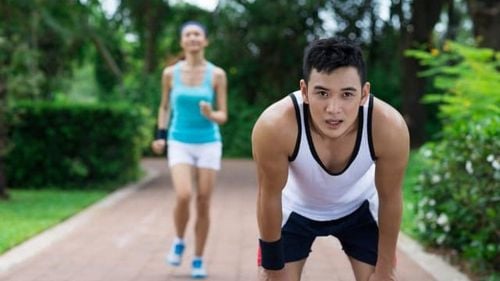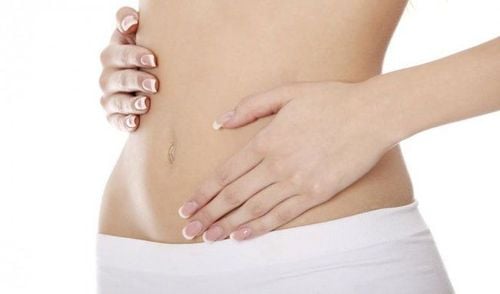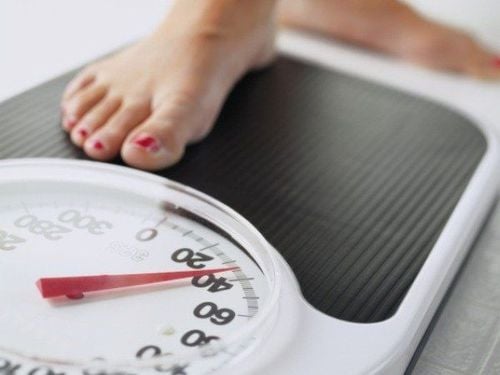This is an automatically translated article.
The body is like an engine, you must provide fuel for them to operate most efficiently. This article will provide information on the nutrients you should get before, during and after exercise.
1. Before exercise Ideally, "refuel" 2 hours before you exercise by like: Hydrate the body with water. Eat healthy carbohydrates like whole grains (with low-fat or skim milk), whole-wheat toast, low-fat or fat-free yogurt, whole-grain pasta, brown rice, and fruits and vegetables. We don't need to have a meal before exercising, but sometimes just a grilled chicken sandwich or a slice of cheese pizza can provide enough fuel for the body.
However, it is important to avoid saturated fat and even a lot of healthy protein - because these fuels digest more slowly in the stomach and take away oxygen and energy - blood supply from your muscles friend. If you only have 5-10 minutes before exercising, eat a piece of fruit like an apple or banana.
2. During exercise Don't forget to drink water before, during and after exercise to avoid dehydration. We should drink about 2 to 3 cups (473 to 710 ml) of water two to three hours before a workout. Drink about 1/2 to 1 cup (118 to 237 ml) of water every 15 to 20 minutes during exercise. Drink about 2 to 3 cups (473 to 710 ml) of water after a workout. But if you exercise for more than 60 minutes, use a sports drink. Because sports drinks can help maintain the body's electrolyte balance and provide a little extra energy because they contain carbohydrates.
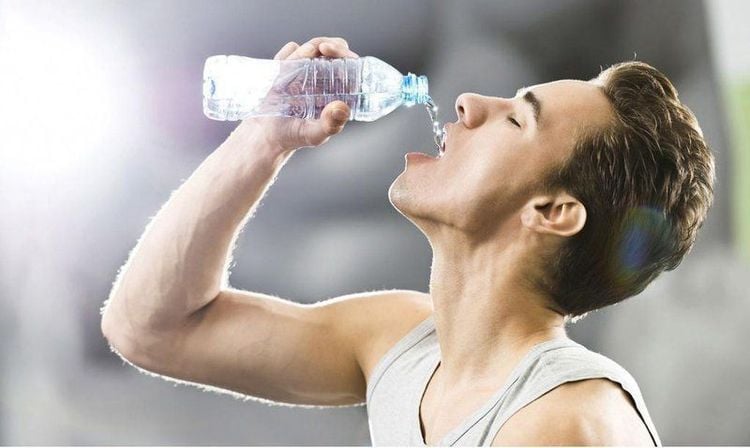
Uống nước đầy đủ giúp cơ thể tránh được tình trạng mất nước
2.1 How do you make the best drink choices? A good sports drink has 14-15 grams of carbohydrates. It should also have about 110 milligrams of sodium and 30 milligrams of potassium in the same volume.
If you're working out to lose weight, drink water or a "lighter" sports drink with fewer carbs and calories. Look for drinks that have about 5 grams of protein, with some carbohydrates and very little fat. Remember that "energy" means calories, so watch out for high-calorie ones. Choose a protein powder made from whey protein or milk protein. Use them within 30 minutes of exercise to deliver essential amino acids to muscles.
2.2 What are gels, and what role do they play? The gel is suitable for endurance athletes. Gels are concentrated carbs. It can help long-distance cyclists and runners get some quick energy during exercise.
Carb loading is a way to store carbohydrates before a sporting event. If you already eat enough carbs while you're working out, you don't need it. Carbs should only be considered if you exercise continuously for 90 minutes or more and have the advice of a sports nutritionist.
2.3. Is exercising on an empty stomach harmful, especially in the morning? The answer depends on the type of exercise. A brisk walk or light jog on an empty stomach is fine; just drink a glass of water before heading out the door. For more intense exercise, eat some easy-to-digest carbs like a slice of toast, half a bagel, a banana, or a fruit cocktail washed down with a glass of water to help provide energy. quantity.
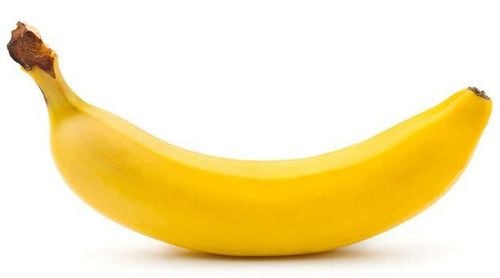
Một trái chuối giúp người tập được bổ sung năng lượng vào buổi sáng
If planning to exercise within an hour of having breakfast, have a light breakfast or drink something like a sports drink. Focus on carbohydrates for maximum energy.
Good breakfast options include:
Whole grain cereal or bread Low-fat milk Juice One banana Yogurt One cake And remember, if you usually drink coffee in the morning, drink no more than that. a pre-workout cup and don't try a new pre-workout beverage because of the risk of stomach upset.
3. After exercise Eating protein after exercise is a good idea, because it helps muscles recover and grow. The foods that don't support muscle are the protein that comes from hard-boiled eggs, a glass of chocolate milk, or a whey protein shake.
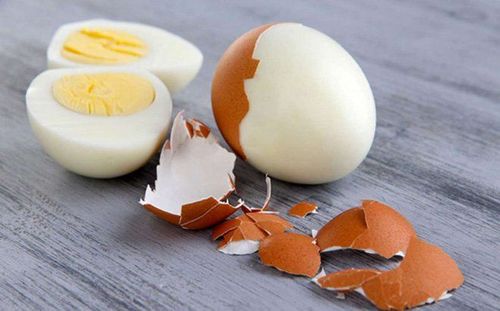
Trứng luộc thuộc danh sách các thực phẩm không hỗ trợ cơ bắp
Refuel the body by providing water. Mixing water with 100% juice like orange juice provides liquid, carbohydrates. During exercise the body burns a lot of carbohydrates - the main fuel for muscles.
To help muscles recover and replace glycogen stores, eat a meal containing both carbohydrates and protein within two hours of your exercise session if possible. Good post-workout food choices include: Yogurt and fruit; Peanut butter sandwich; Low-fat chocolate milk and cookies; Post-workout recovery smoothie.
Everyone's diet and exercise are not the same. So pay attention to how you feel during your workout and your overall performance. Let your experience guide you on the pre- and post-exercise eating habits that work best for you. Consider keeping a diary to track how your body responds to meals and snacks so you can adjust your diet for optimal results.
References: Heart.org; webmd.com; mayoclinic.org





